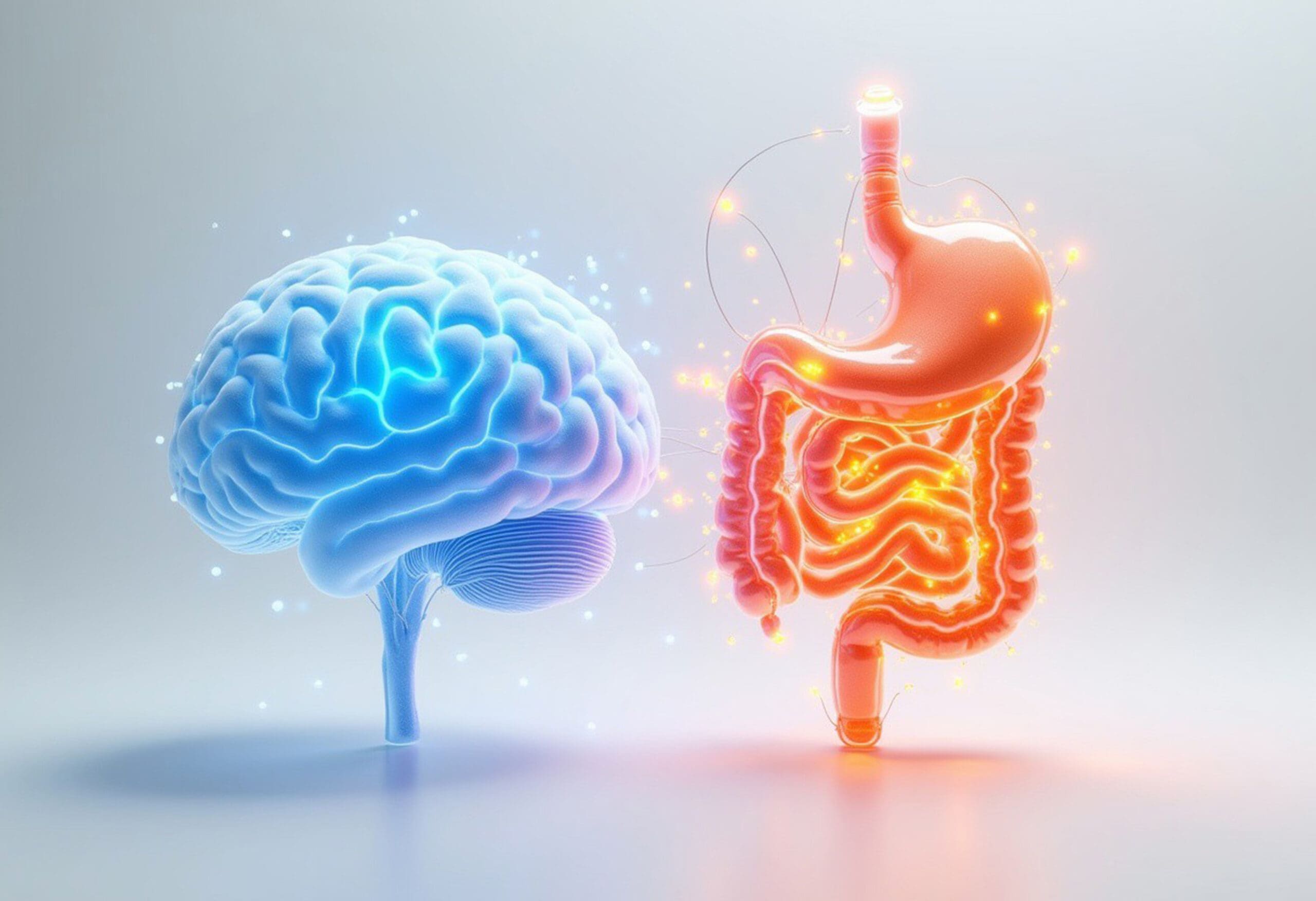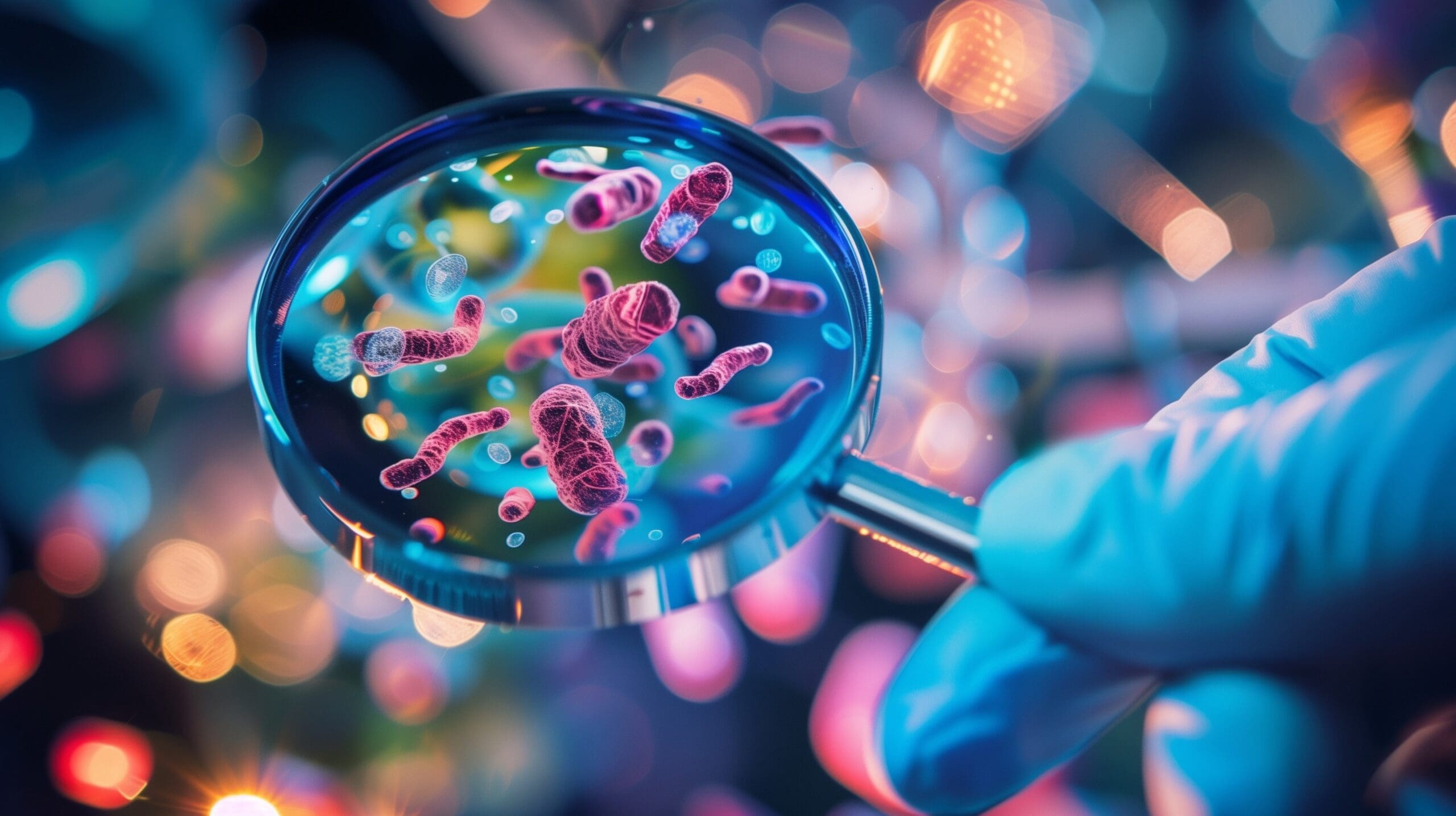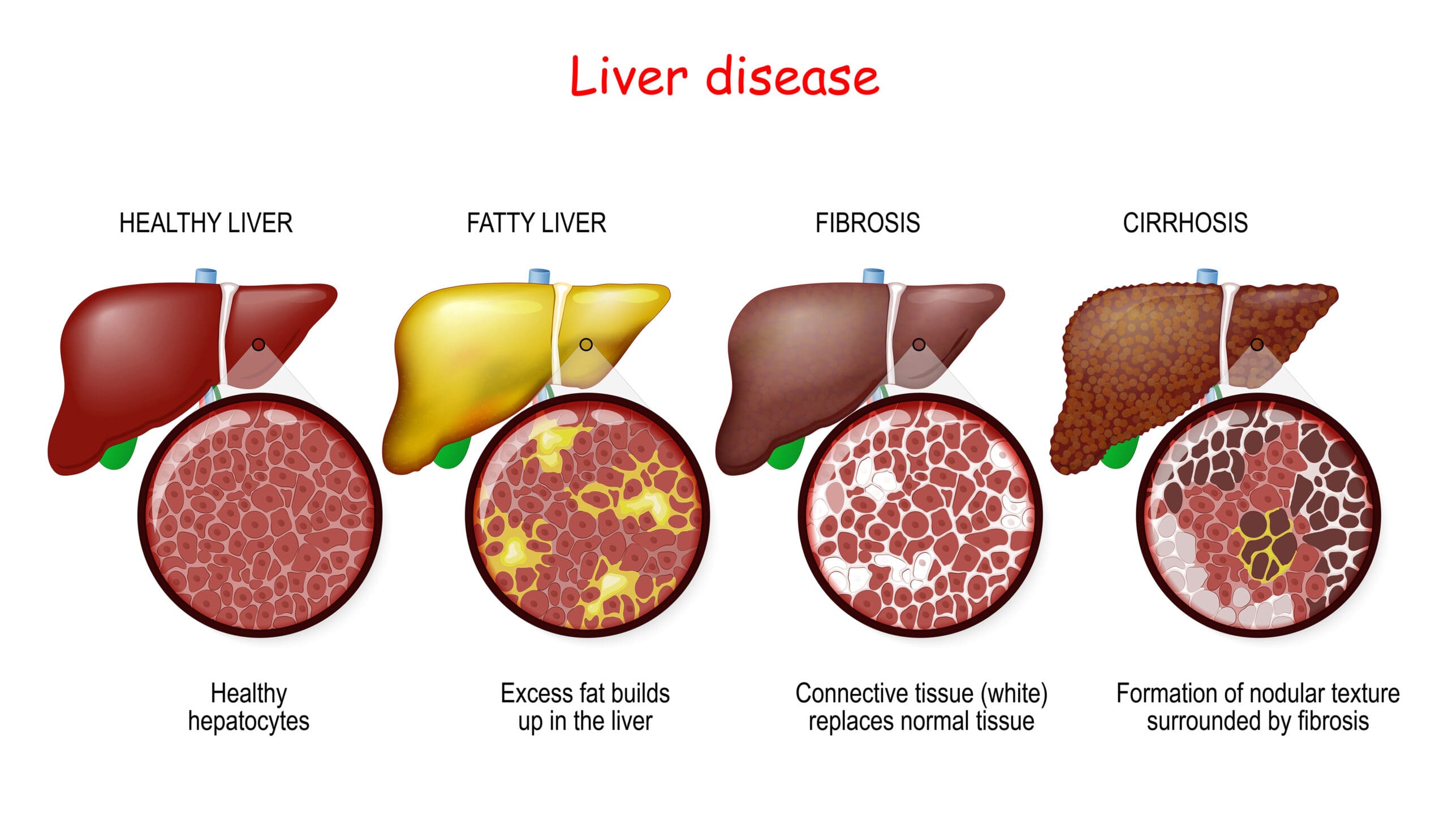Why is it important to detox?
By naturopath Margaret Jasinska
Living in today’s world, detoxification has never been so important. Whether we like it or not, we are continually exposed to an array of ever increasing chemicals. Your liver is supposed to handle the job of detoxification and keep you healthy, but the human body is simply not accustomed to having to deal with so many chemicals at once.
The major detoxification systems of the body comprise the liver, kidneys, bowels, lymphatic system, spleen, lungs and skin. In an ideal world, these systems work together to rid our bodies of the toxins produced within, as a by-product of metabolism, and the toxins that have entered our body from the outside world.
However, pollution, toxins, stress and a less than perfect diet, leading to nutritional deficiencies, place a greater load on our body’s detoxification abilities. Over time, our body’s ability to rid itself of toxins becomes poorer, and the toxins start to accumulate in our tissues. This places an enormous stress on our immune system. Immune disorders are one of the fastest growing group of diseases. Allergies, food intolerances, autoimmune diseases and chronic infections are on a steep climb. They are also occurring in younger and younger people. Children are now developing diseases that were previously only seen in adulthood.
To assist your body in being a better detoxifier, your day to day diet and lifestyle are the most important factors. There is little benefit to following a strict diet for a week and then going back to eating poorly for months on end. Prevention is better than cure, and it is best to minimise your exposure to toxins and chemicals as much as you can. Many of the chemicals we are exposed to these days, whether they are in food or the environment are newly created molecules that take very many years to break down. This means our body really hasn’t developed a strategy to deal with these chemicals. Preventing exposure to them is really your best option, because once they have entered your body it may be too late.

Ways in which your body is exposed to toxins
- Air and water pollution
- Clothing (dye, stain repellents and wrinkle-proof chemicals)
- Building materials and furnishings
- Food additives and contaminants
- Medications
- Gut derived (endotoxins)
- Radiation
- Cosmetics and toiletries
- Household cleaners
- Alcohol
- Insecticides and pesticides in food
- Chemicals, aluminium and mercury in vaccines
- Heavy metals in the environment, foods and through occupational exposure
- Stress
- Excess sugar in the diet
- Omega 6-rich oxidised vegetable oils in the diet
What are the symptoms of being overloaded with toxins?
The symptoms of toxicity can be categorised into body systems. It will never be the case that toxins are only affecting one of your body systems; all systems are integrated. However, by looking at your symptoms you can check to see which parts of your body are burdened the most. The symptoms below can be caused by several different factors and health conditions. Improving your body’s detoxification abilities can help to alleviate them.
Digestive System & Liver
- Abdominal bloating
- Nausea
- Coated tongue
- Bad breath (halitosis)
- Indigestion/heartburn
- Gas (burping or flatulence)
- Constipation or diarrhoea
- Irritable bowel syndrome
- Underweight
The Skin
- Rashes (eczema/dermatitis/hives)
- Acne
- Psoriasis
- Clogged pores
- Excessive sweating
- Excessive body odour
- Dark circles under the eyes
- Puffiness under the eyes
- Red eyes
The Lymphatic System
- Fluid retention/bloating
- Frequent infections
- Painful, swollen lymph nodes
- Allergies
- Fatigue
- Cellulite
The Muscular/
Skeletal System
- Sore joints/arthritis
- Muscle aches & pains (fibromyalgia)
- Frequent headaches
- Tense muscles
The Urinary System
- Fluid retention
- Darkly coloured urine
- Strong smelling urine
- Frequent urinary tract infections (cystitis)
The Respiratory System
- Chronic cough
- Wheezing
- Excess mucus/catarrh/post nasal drip
- Hay fever
- Sinusitis
The Nervous System
- Insomnia
- ADHD (Attention Deficit Hyperactivity Disorder)
- Mental fogginess
- Poor concentration
- Excessive sleepiness
- Muscle twitches
- Mild depression or anxiety
- Changeable moods
The Endocrine/
Hormonal System
- Fluctuating blood sugar level (hypoglycemia)
- Sugar/carbohydrate cravings
- Overweight
- Infertility









Leave A Comment